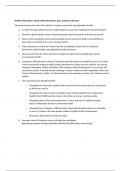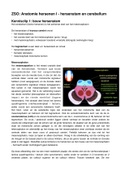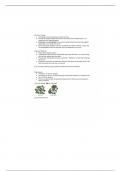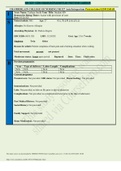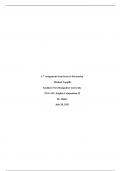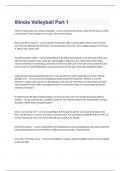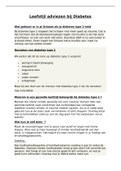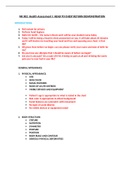Class notes
A* Literature Essay Plan - Marriage in 'A Doll's House' and 'Paradise Lost'
- Course
- Institution
- Book
Detailed essay plan produced by an A* Literature student in response to the question: “The ideal marriage is based on a combination of both romance and security.” In light of this view, consider ways in which writers present relationships. In your answer compare one poetry text and one drama ...
[Show more]





